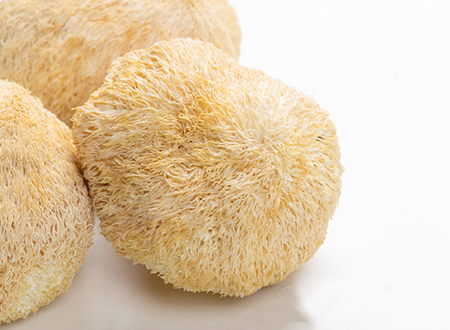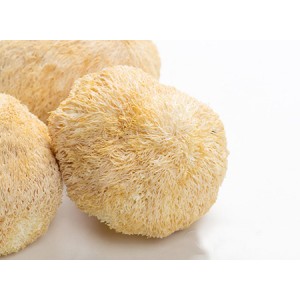Does lions mane mushroom extract help atrophic gastritis?
Atrophic gastritis is a condition characterized by chronic inflammation of the stomach lining, which can lead to the loss of gastric glandular cells and a decrease in stomach acid production. This condition can result in digestive discomfort, nutrient malabsorption, and an increased risk of developing gastric cancer. As such, finding effective treatments for atrophic gastritis is of great importance.
Lion's mane mushroom extract powder, derived from the Hericium erinaceus mushroom, has been gaining attention for its potential health benefits, including its effects on digestive health. While research on the specific effects of lion's mane mushroom extract on atrophic gastritis is limited, there is growing evidence to suggest that it may offer some potential benefits for individuals with this condition.

One of the key ways in which lion's mane mushroom extract may help with atrophic gastritis is through its anti-inflammatory properties. Chronic inflammation is a hallmark of atrophic gastritis, and reducing this inflammation is an important aspect of managing the condition. Lion's mane mushroom extract contains bioactive compounds that have been shown to possess anti-inflammatory properties, which could help to alleviate the inflammation associated with atrophic gastritis.
In addition to its anti-inflammatory effects, lion's mane mushroom dual extract may also support digestive health through its potential to enhance gastric mucosal protection. The mucous membrane lining of the stomach plays a crucial role in protecting the stomach from the corrosive effects of gastric acid. Studies have suggested that lion's mane mushroom extract may help to strengthen the gastric mucosal barrier, potentially offering protection against the damage caused by atrophic gastritis.
Furthermore, lion's mane mushroom extract has been studied for its potential to promote gastrointestinal motility and improve digestive function. These effects could be particularly beneficial for individuals with atrophic gastritis, as impaired gastric motility and digestion are common issues associated with the condition.
While the existing research on lion's mane mushroom extract and atrophic gastritis is promising, it is important to note that more clinical studies are needed to fully understand its potential benefits and mechanisms of action in this specific context. Additionally, individual responses to lion's mane mushroom extract may vary, and it is always advisable to consult with a healthcare professional before using any new supplement, especially if you have a pre-existing medical condition.














